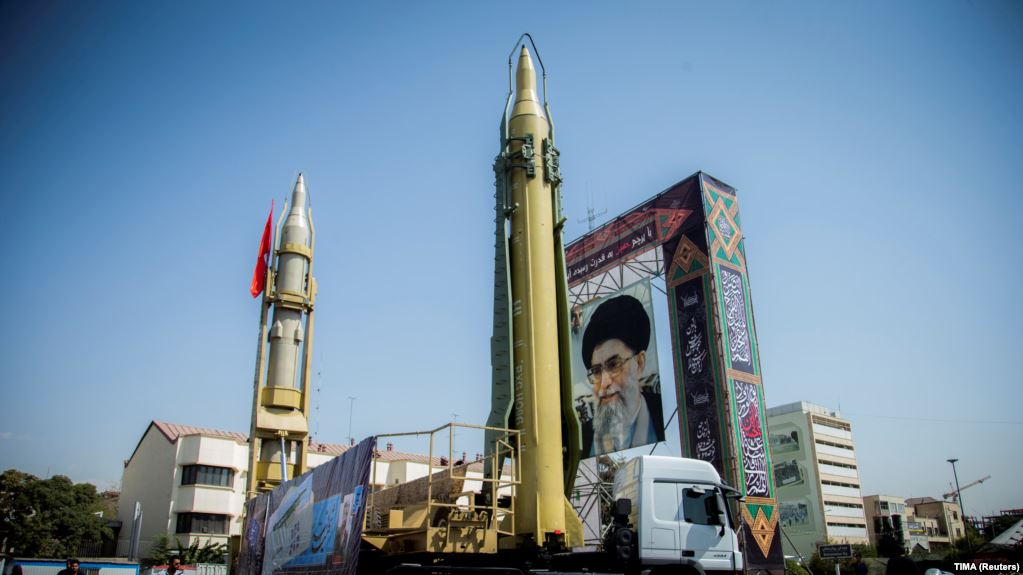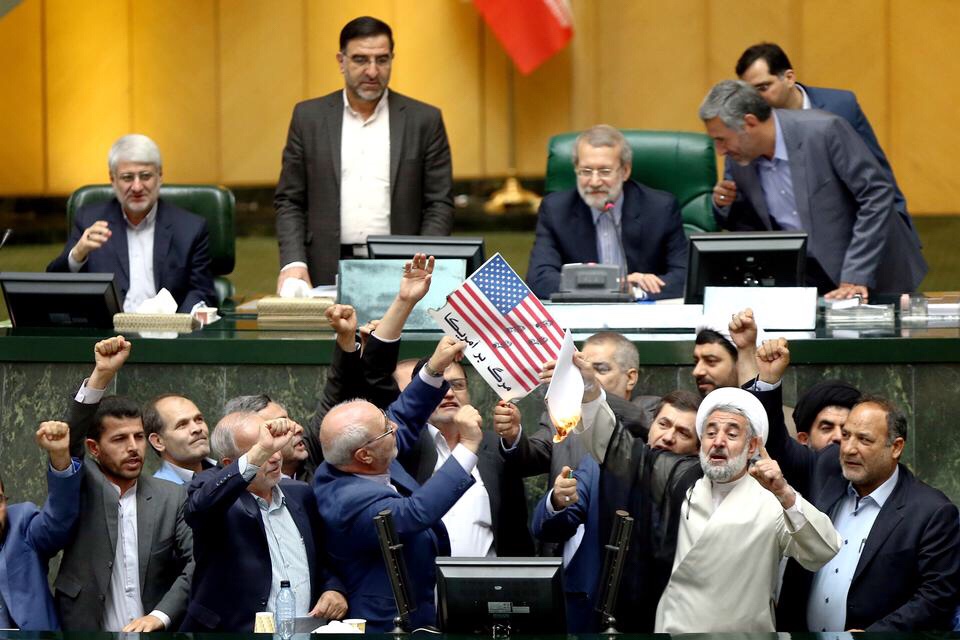 If the nuclear deal collapses, Iran will restart uranium enrichment
If the nuclear deal collapses, Iran will restart uranium enrichmentA top official at Iran's Atomic Energy Organisation says Tehran has no reason to stick to the deal if it continues to suffer on the economic front.
Ali Akbar Salehi, the top official of Iran’s Atomic Energy Organisation, has issued a stern warning to the European Union that if the landmark nuclear deal was allowed to fail, Tehran will resume its uranium enrichment program.
The 2015 Iran nuclear agreement, brokered by the former US president Barack Obama, has created a mechanism called Joint Comprehensive Plan of Action (JCPOA) to limit Iran’s nuclear programme in exchange for easing economic sanctions against Tehran.
"Iran could resume enriching uranium to 20 percent purity – seen as well above the level suitable for fueling civilian power plants – if it fails to see the economic benefit of the 2015 deal that curbed its nuclear program," said Salehi, ahead of his meeting with Federica Mogherini, the EU’s top diplomat, in Brussels.
"We will do it very easily, but we don't want to do that now. The capacity is there," Salehi said.
Under the deal, Tehran suspended its uranium enrichment program.
In addition to the US, the co-signatories of the JCPOA were the UK, France, Russia, China and Germany – the permanent members of the UN – as well as the EU.
With the Trump administration backtracking on the deal and reimposing the old sanctions over Tehran, political tensions over the terms of the agreement have further escalated in Iran. “If there is nothing to reap, then what is the purpose of us staying in because voices in Iran are day by day becoming more against the deal,” Salehi said.

Iranian lawmakers burn two pieces of paper representing the US flag and the nuclear deal at the parliament in Tehran on May 9, 2018. (AP)
Even before the deal, there have been serious disagreements over its terms within the Iranian political establishment. The hardliners weren't happy with several constituents of the nuclear deal.
Many in the country’s security apparatus including influential Islamic Revolutionary Guards Corps (IRGC) raised concerns over the agreement, calling it an unnecessary appeasement of Iran’s archenemies, primarily the US.
By withdrawing from the deal, the Trump administration aimed to deepen divisions inside Iran, encouraging a regime change, but apparently the reverse course gains momentum in Tehran. Many experts think that the US withdrawal has brought differing voices together in Iran, empowering the deal’s opponents.
“Those pro-JCPOA [Iranians] and anti-JCPOA [Iranians] are united in Iran to defend our national interest and national security,” observed Ali Asghar Soltanieh, Iran’s former top diplomat to the International Atomic Energy Agency, which was instrumental in mediating talks between Iran and the US and other countries.
“Trump's withdrawal has vindicated the hardliners who were skeptical of the value of engaging the United States and has discredited the moderates who advocated it,” said Ali Vaez, the director of Iran Project at International Crisis Group.
The new Iranian sentiment can also culminate in Tehran’s withdrawal from the deal. There will be “unpredictable” consequences “for everybody, even for ourselves, for the international community, for the region,” said Salehi.
“Only God knows what is going to happen."
No comments:
Post a Comment